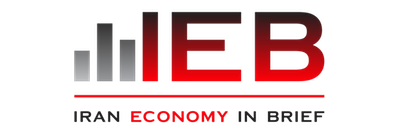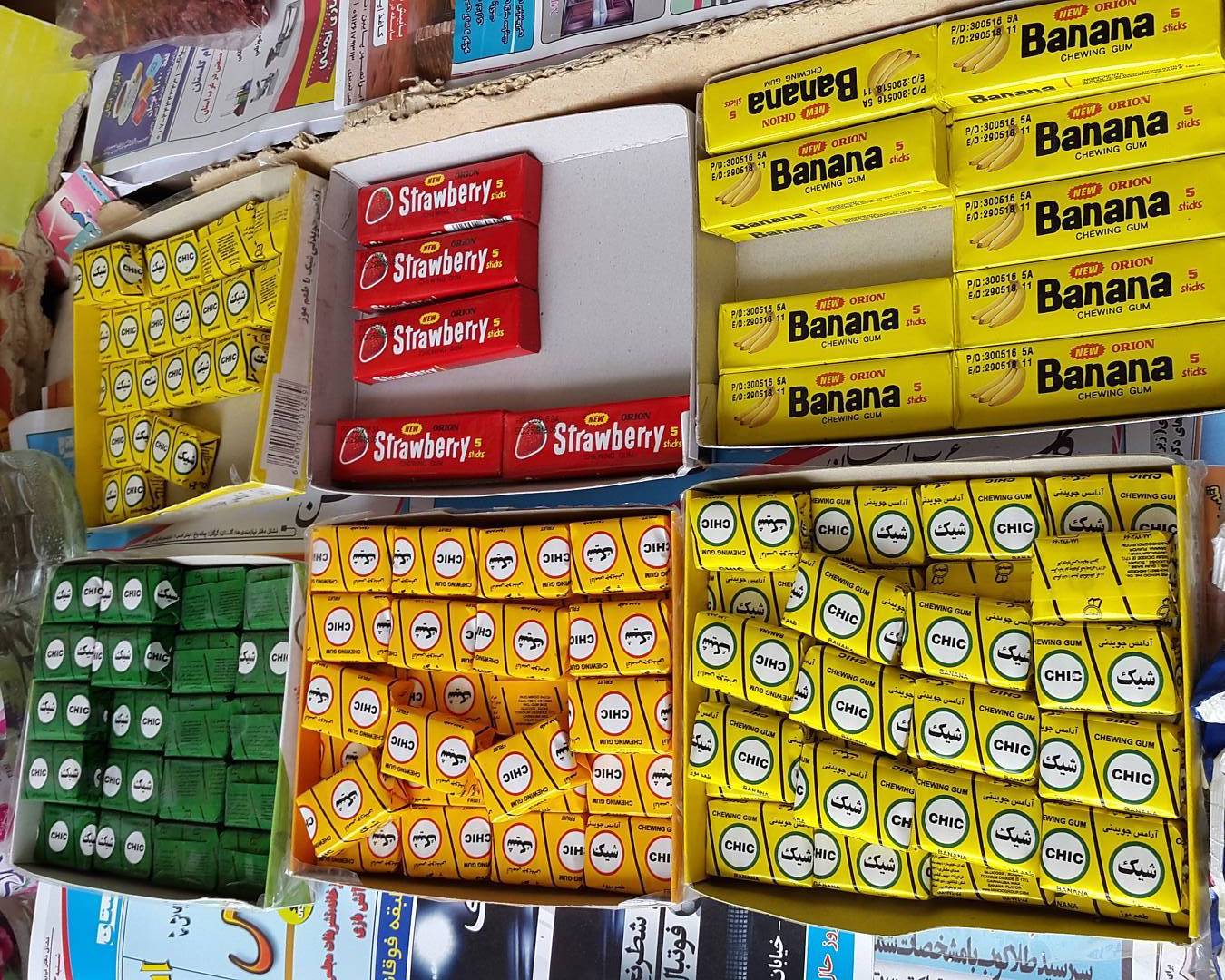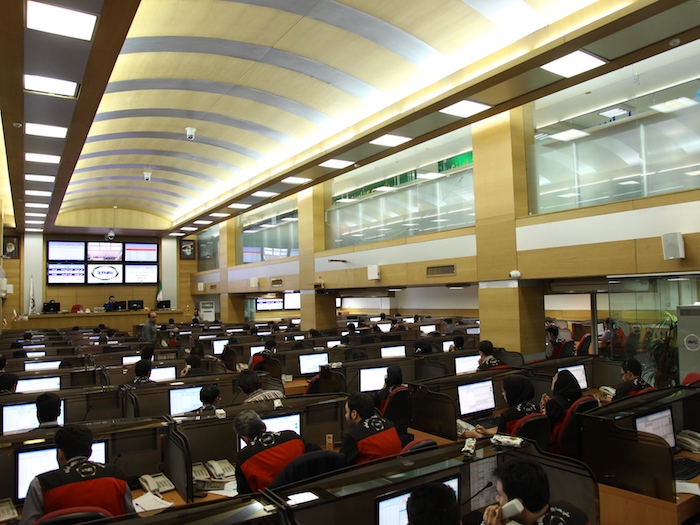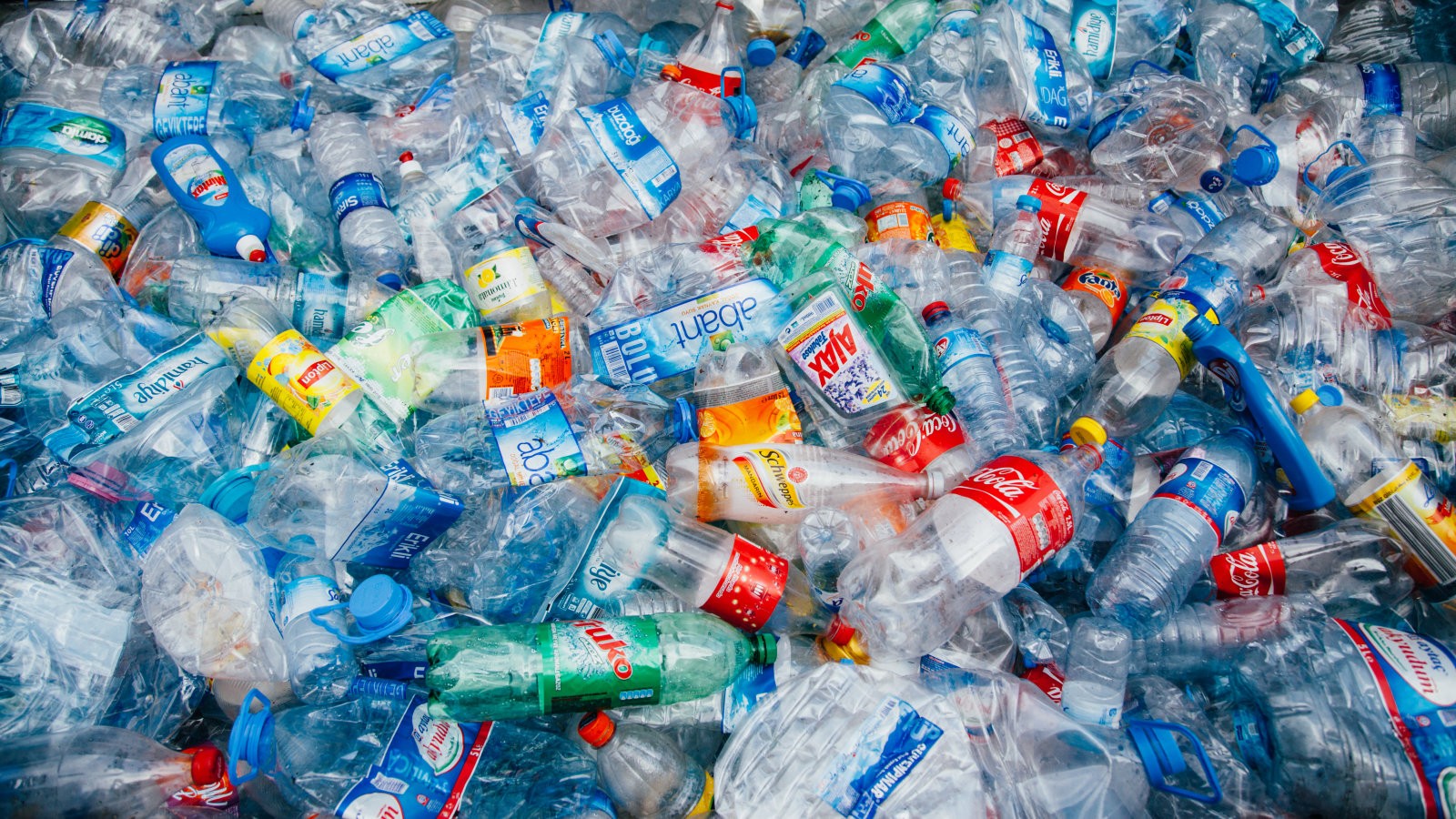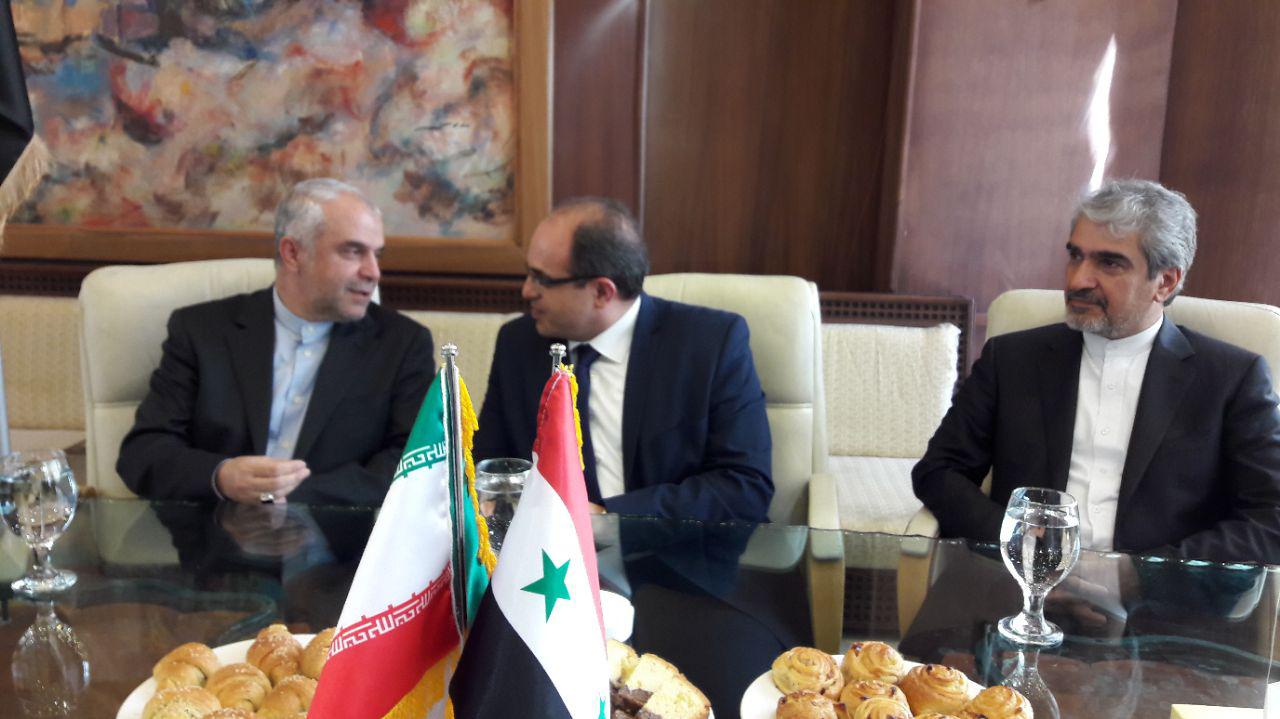
Iran and Syria plan a cooperation to reconstruct Syria. During the visit of a Syrian business delegation to Tehran, the representatives of Urbanization Ministries of the two country met in order to negotiate possible cooperation lines.
Mohamed Hamsho, General Secretary of Syrian Chambers of Commerce, explained that within the past 12 months, nearly 4000 Syrian manufacturers have been rebuilt and are next to be in operation.
“To reconstruct the country after the conflict, Syria need to produce 25 million tons of cement per year and in this issue, we are counting on cooperation with Iranian private sector”, said Mr Hamsho.
Syria also expects Iran to demolish the import tariffs on its goods. On the other hand, Syria would be ready to replace the import from other countries with Iranian goods. This is while, according to the Iranian statistics, Syria’s share from Iranian non-oil export has only been 0.7 percent, which was worth 326 million US dollar in 2017.
Iran’s Vice Minister of Economic Affairs, Hossein Mirshojaian, introduces a number of potential goods which have a promising market in Syria and this include dairy products, birds’ eggs and vegetables to be exported from Iran.
However, Mr Mirshojaian believes that expansion of trade between Iran and Syria doubtlessly needs proper banking channels which at the moment are the main problem.
The Government decides to reduce the subsidies for petrochemical companies. So far, the Iranian petrochemical companies had access to their feed, natural gas or crude oil at the lower exchange rate of 42,000 Rial for one USD. Since this week however, they should buy their feed at the market exchange rate of around 90,000 rials for each USD.
Shargh Daily writes that although petrochemical companies still have several other subsidies at energy prices or tax reductions, however this new decision can modify their profit to some extends.
Petrochemical companies were selling their foreign currency at a higher exchange rate in Iran, however, had access to very cheap feed price. This imbalance between their costs and sale, made them unreasonably profitable, as states Sharq Daily.
While the petrochemical and steel producers in Iran are responsible for the top exporters after crude oil, however the value added in their products remain very low. Most of the products at these two sectors are very little elaborated and quite close to raw material. According to several experts, it therefore does not make sense to provide huge subsidies when the value added is not increasing for such products.
